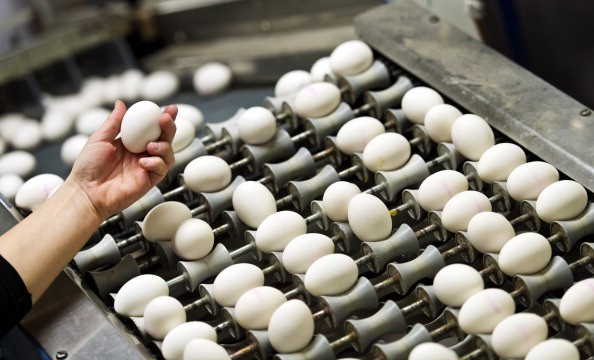
We all love eggs all year long, but Easter is the special time of year for eggs. It is the time of year that we boil them, color them, and exchange them with friends as a sign of the season. Eggs are also part of many spring and summer dishes, like quiche and deviled eggs.
Eggs can carry bacteria that can cause food poisoning, notably salmonella. Here are some tips for safely handling and cooking eggs:
-
Buy eggs only if they were stored in a refrigerator or refrigerated case.
Advertisement -
Open the carton and make sure that they are all clean and that the shells are not cracked.
-
Refrigerate them promptly when you get home and store them in their original carton.
-
Use them within 3 weeks for best quality.
-
Clean your kitchen tools and work surfaces with hot, soapy water before and after they come in contact with eggs.
-
Cook eggs until both the yolk and the white are firm. Scrambled eggs should not be runny.
-
Casseroles and other dishes containing eggs should be cooked to 160°F (72°C). Use a food thermometer to check.
-
For recipes that call for eggs that are raw or undercooked when the dish is served, such as Caesar salad dressing or homemade ice cream, use pasteurized eggs or pasteurized egg products.
-
Serve cooked eggs and egg-containing foods immediately after cooking.
-
Keep hot egg dishes hot, and cold egg dishes cold. Refrigerate leftover cooked egg dishes and use within 3 to 4 days.
-
Quiches or soufflés may be refrigerated for serving later, but should be thoroughly reheated to 165°F (74°C) before serving.
-
Cooked eggs, including hard-boiled eggs, and egg-containing foods, should not sit out for more than 2 hours. Within 2 hours either reheat or refrigerate.
-
Use hard-boiled eggs either peeled or still in the shell within 1 week after cooking.

